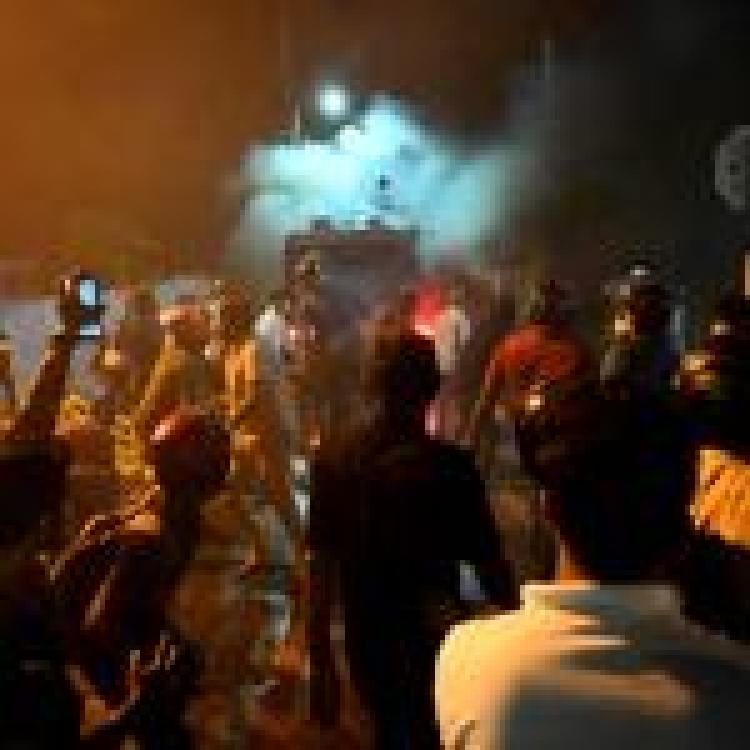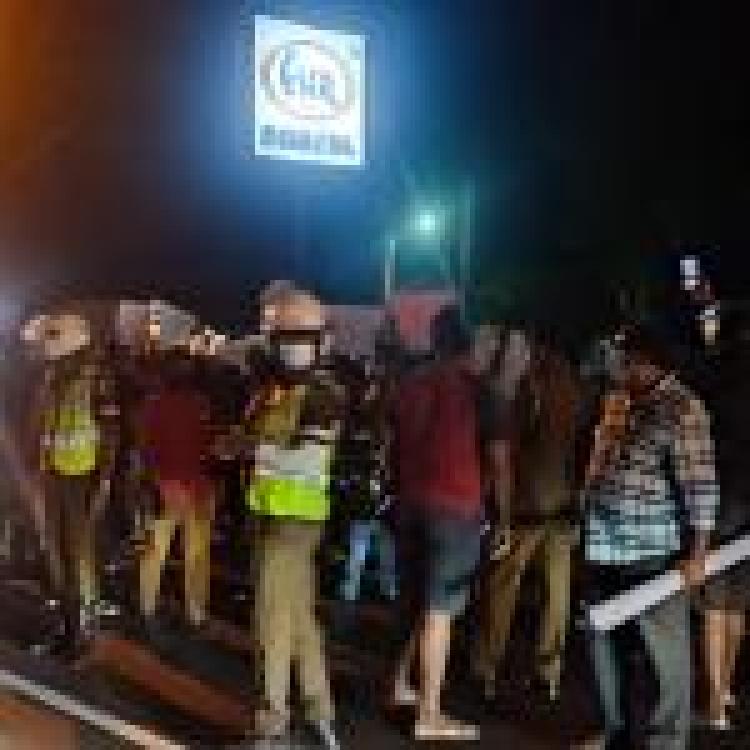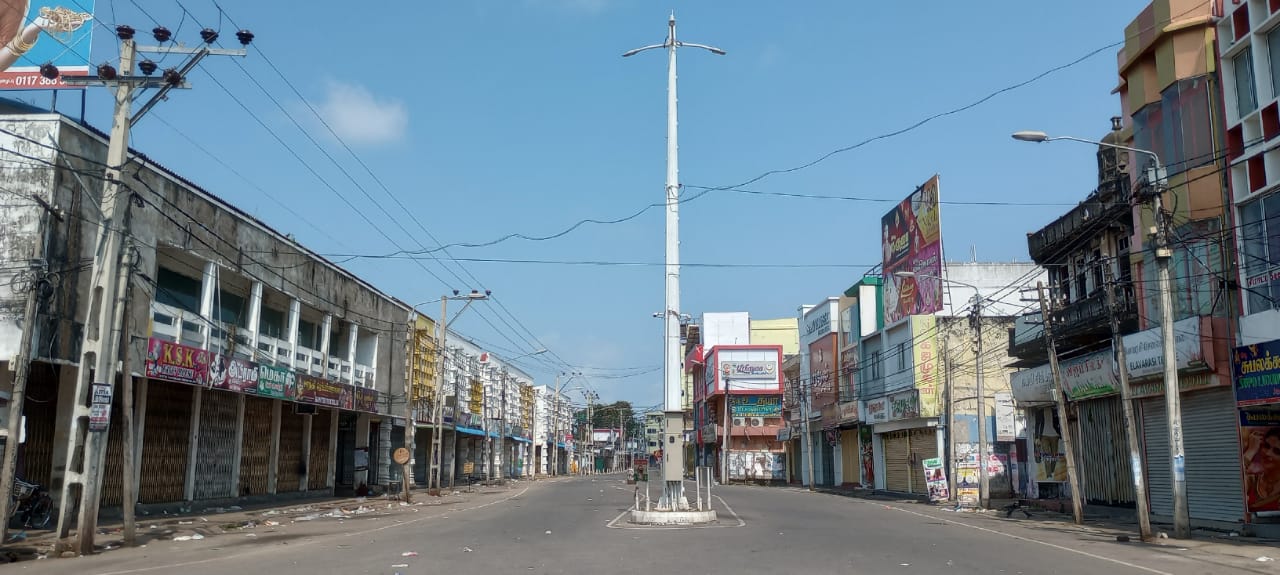
There was relative quiet across the streets of the North-East on Sunday, as few ventured out amidst a military-enforced curfew even as protests flared in the South against the ruling Rajapaksa regime.
A 36-hour curfew had been declared by Sri Lanka’s President Gotabaya Rajapaksa amidst increasing unrest as the island’s economic crisis deepened.
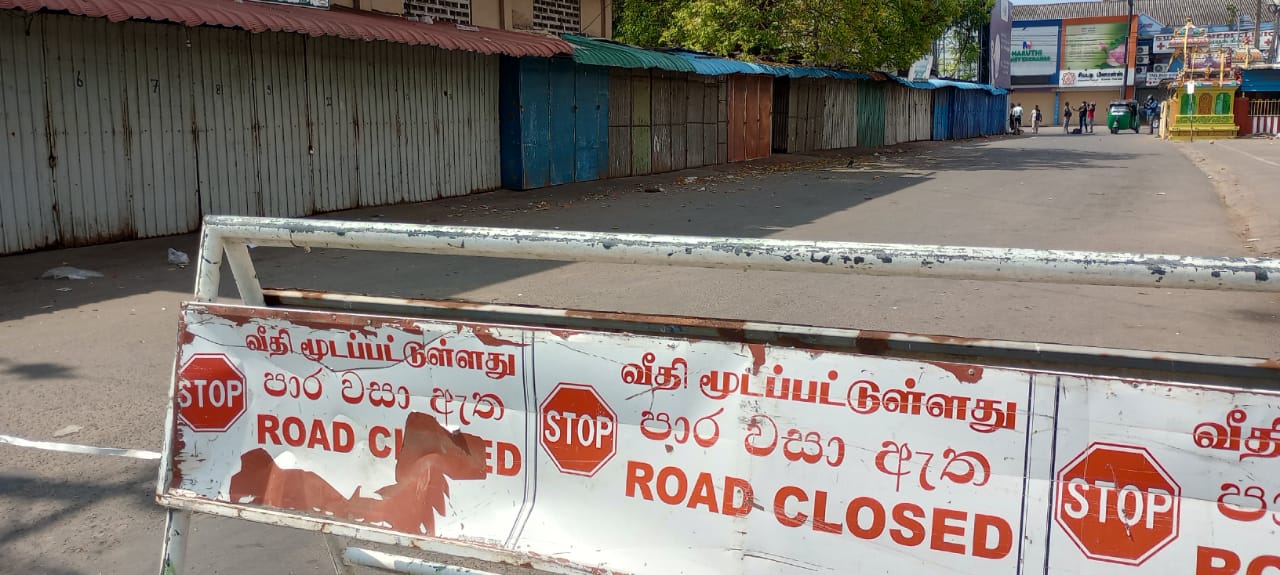
But whilst several large rallies were held in the Sinhala regions of the island, in the Tamil homeland many chose to stay indoors.
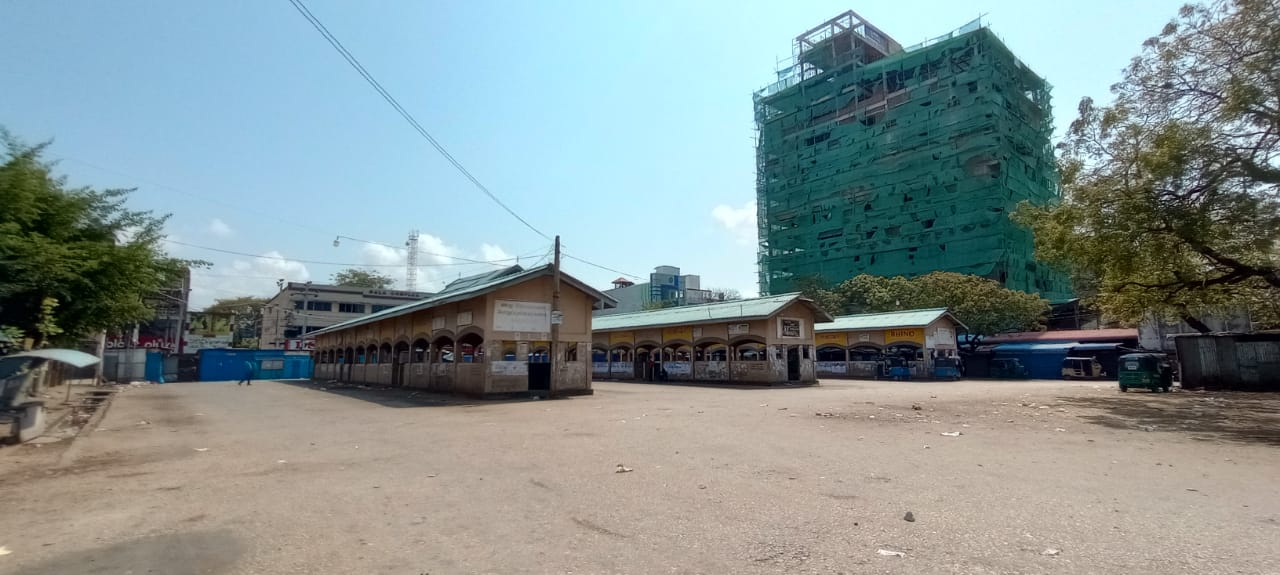
Though, Tamil families of the disappeared were set to hold protests in the North-East but cancelled their plans after a state of emergency was declared. The protest was organised to demand the safety of Tamil families of the disappeared after Sri Lankan police clashed with protesters last month for trying to demonstrate against the Prime Minister's visit to Jaffna.
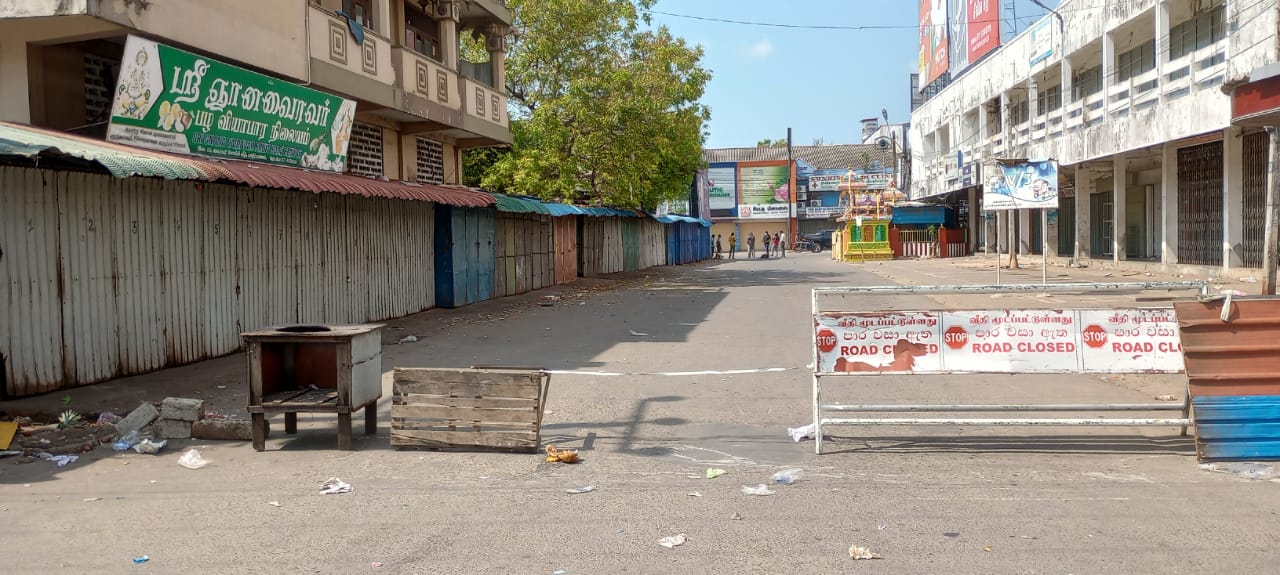
However, many shops were closed, and streets empty as many Tamils decided to stay home.
“These protests will do nothing for our people,” said one Tamil from Jaffna. “They didn’t protest when bombs were being dropped on us or when we were being killed in our thousands.”
“The protestors will forget all about us if they get their bread and fuel. A change in government will only mean another set of Sinhala chauvinists in power.”
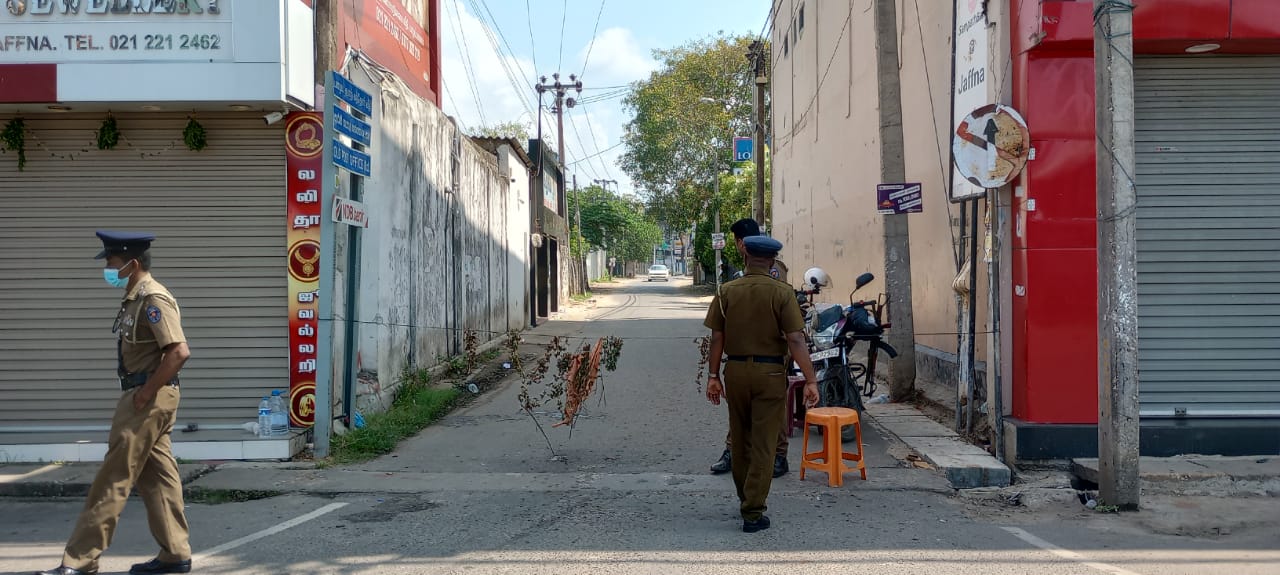
A large security presence was felt across the North-East, with many Tamils also reporting a beefed-up military intelligence deployment.
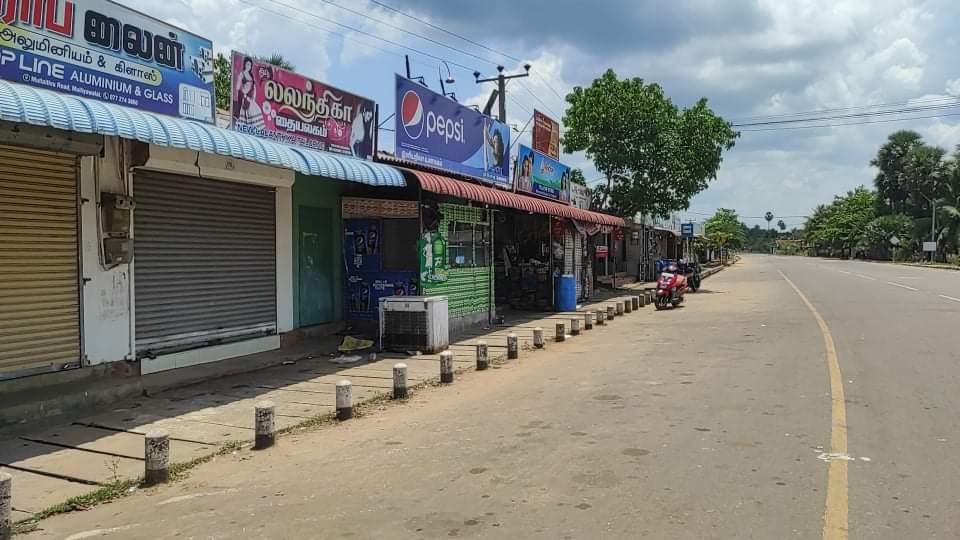
In Mullaitivu, locals crossing at the Varappalai junction on Mankulam Mullaitivu road were interrogated by the police and the army and their details were taken down.
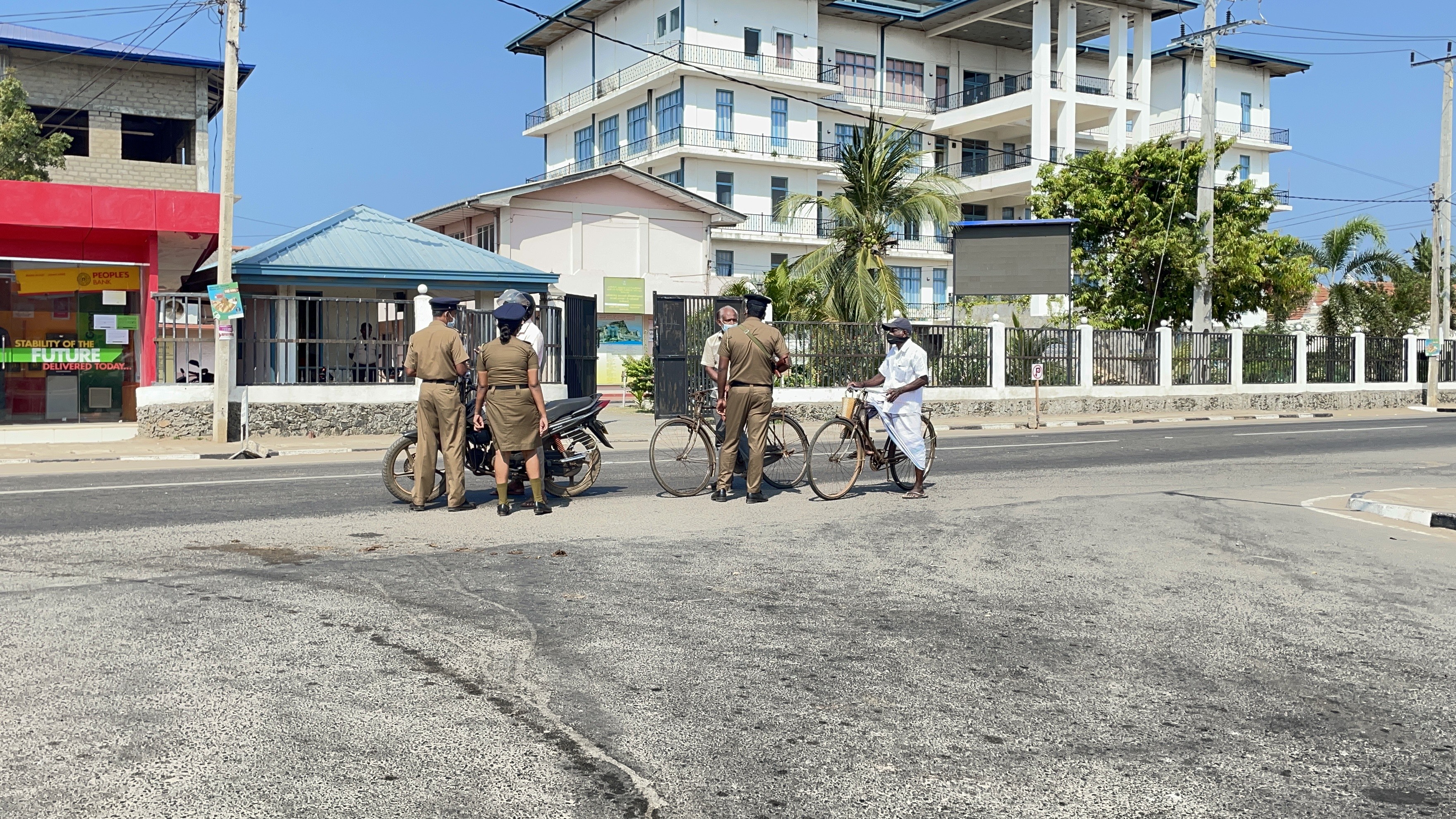
Sri Lankan police were also reportedly patrolling the streets in Mannar and questioning locals to ensure that only essential services were running in the area.
Though no protests or demonstrations took place, the Tamil National People’s Front reported that Sri Lankan police prevented Tamil from entering our office in Kokkuvil and harassed them.
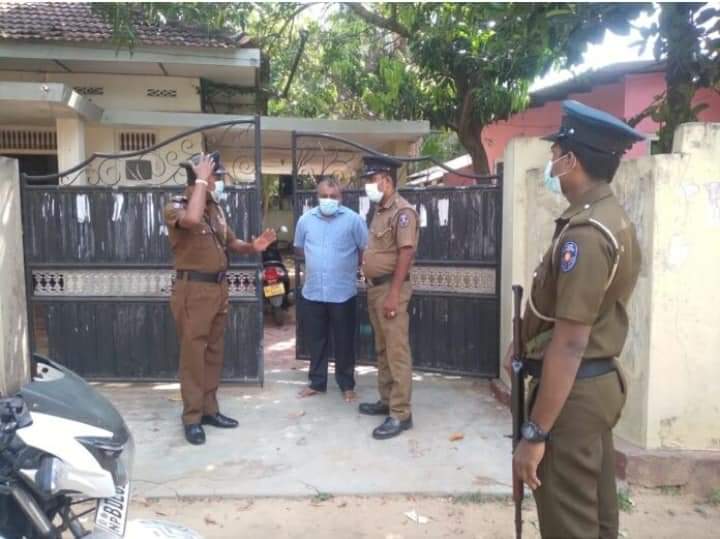
Meanwhile, in the South, protests took place across several locations, calling for the resignation of the ruling Rajapaksa regime.
Late on Sunday, news emerged that the entire cabinet had resigned apart from Sri Lanka’s prime minister Mahinda Rajapaksa.

